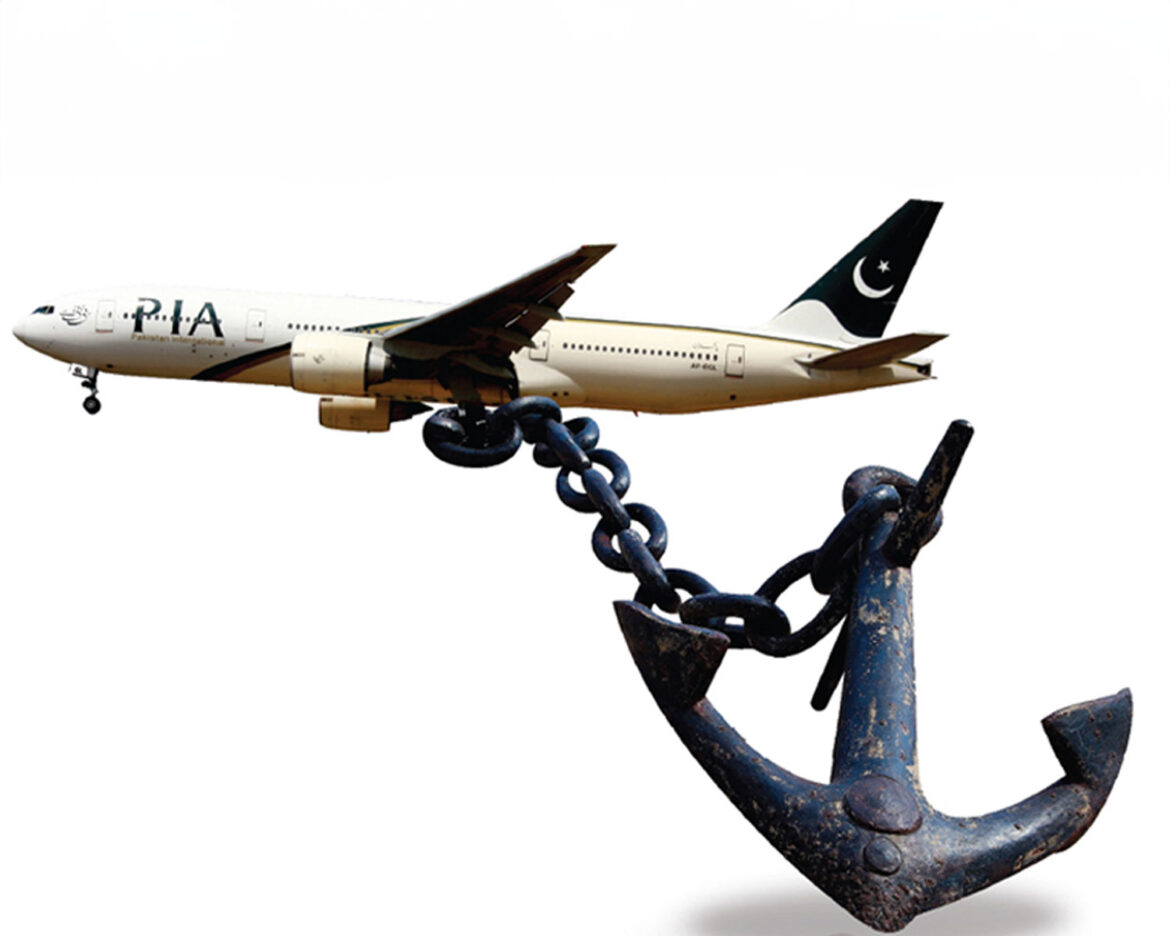During a footwear exhibition in Lahore, Privatisation Minister Abdul Aleem Khan on Sunday labeled Pakistan International Airlines (PIA) as a “white elephant,” disclosing that the national carrier has incurred a staggering Rs830 billion loss to the national exchequer. He expressed concerns about PIA’s burden on the government but assured that the airline’s privatisation process is progressing smoothly.
Minister Khan revealed that private firms, including six Pakistani companies in joint ventures with international partners from Malaysia, Turkiye, and the UAE, have shown interest in PIA’s privatisation. He hinted at October 1 as a significant date in the privatisation timeline, promising that once completed, Pakistan would have an airline of international standards.
While addressing the Pakistan Footwear Association, Minister Khan lauded their efforts in building strong ties with global brands. He emphasized the importance of increasing trade officers in foreign missions to foster business-to-business connections.
Commerce Minister Jam Kamal Addresses Security Concerns
At the same event, Commerce Minister Jam Kamal acknowledged that the government is grappling with energy prices, a critical issue impacting commercial activities. He highlighted ongoing efforts to manage the energy crisis and improve ease of business while addressing issues related to the Federal Board of Revenue (FBR).
Minister Kamal also responded to concerns about Pakistan’s security situation, particularly in Balochistan. He dismissed claims that an uncertain security environment is deterring investors, citing the participation of over 800 delegates from 75 countries, including China, at a recent food and agriculture expo in Karachi.
“The security situation in the country is improving daily, and it is not as dire as some media outlets portray,” he asserted. He pointed out that if the security situation in Balochistan were as severe as claimed, the $70 billion investment pledge by foreign investors would not have been made.
Minister Kamal urged the business community to seize emerging opportunities as global manufacturers shift from China to other regions, including Taiwan and Bangladesh, stressing the government’s role in facilitating the business sector during this transition.



